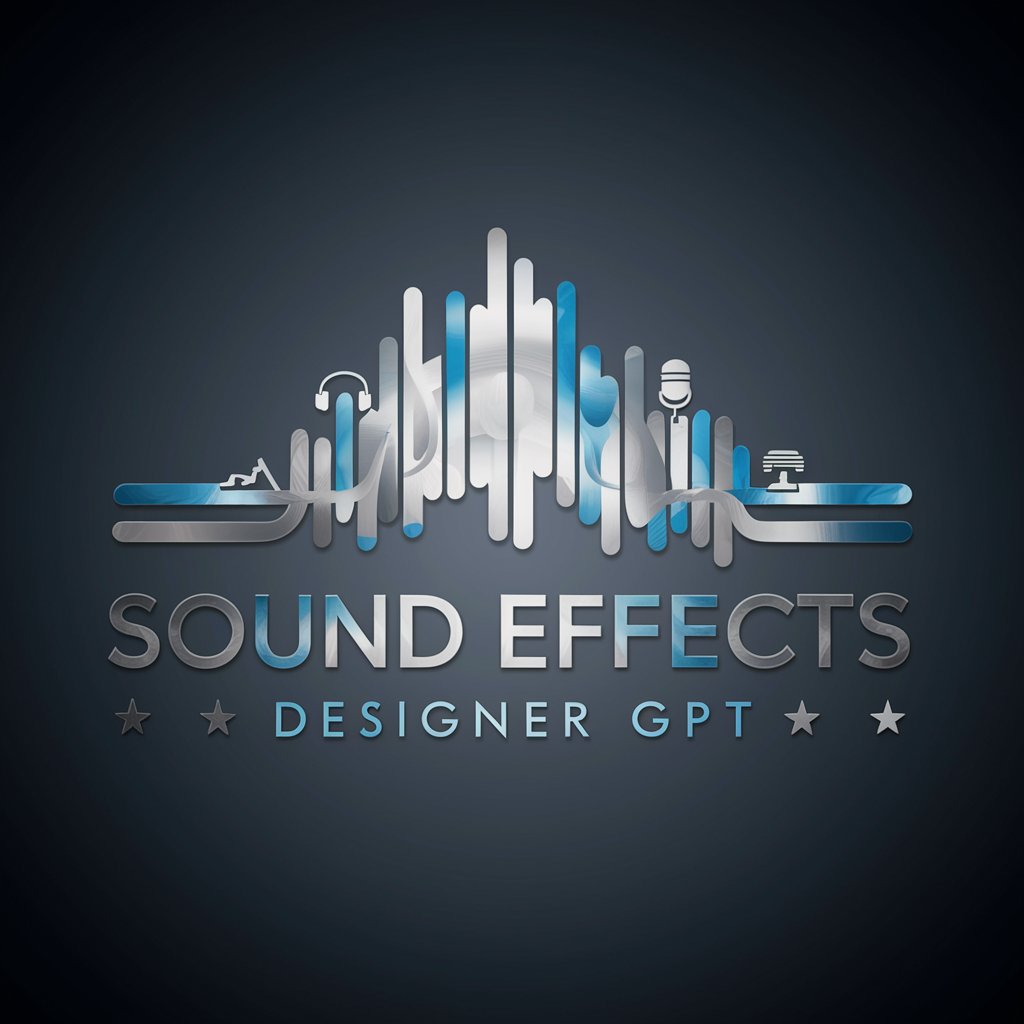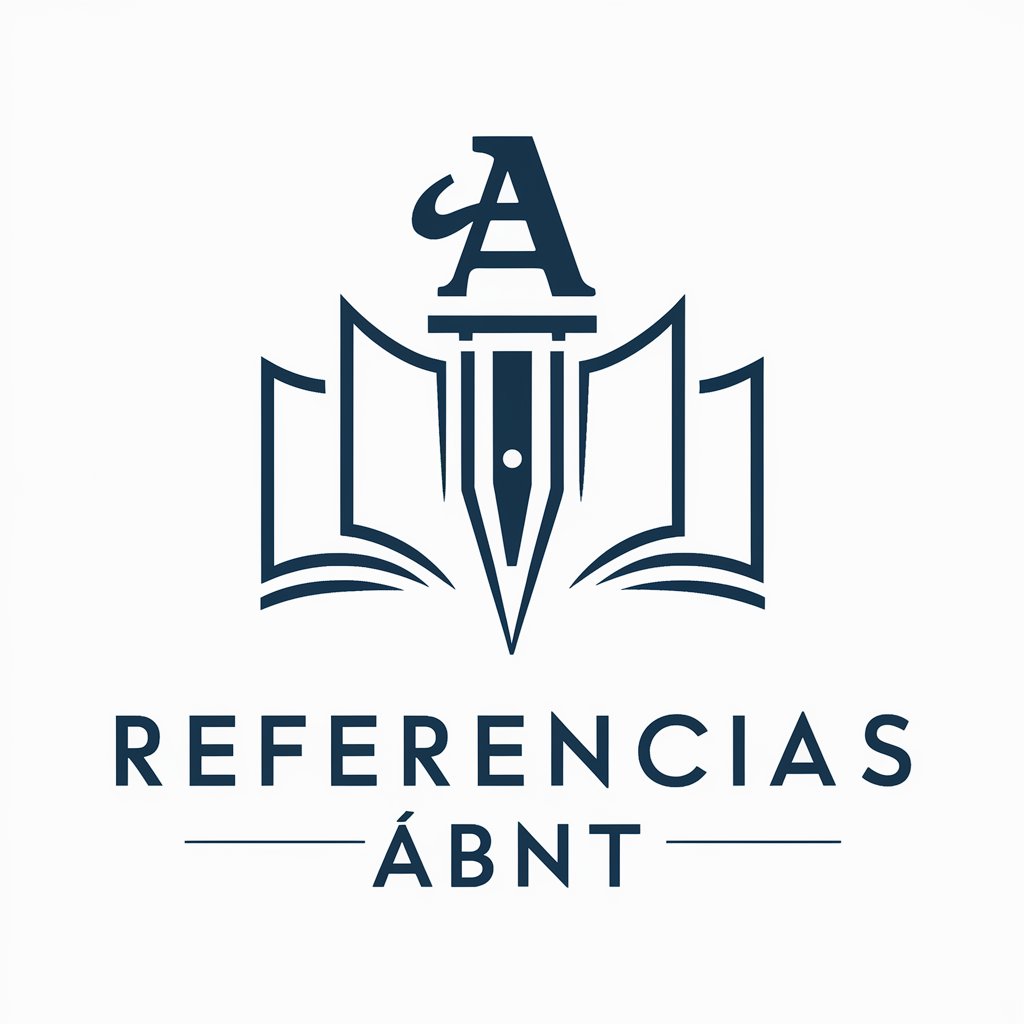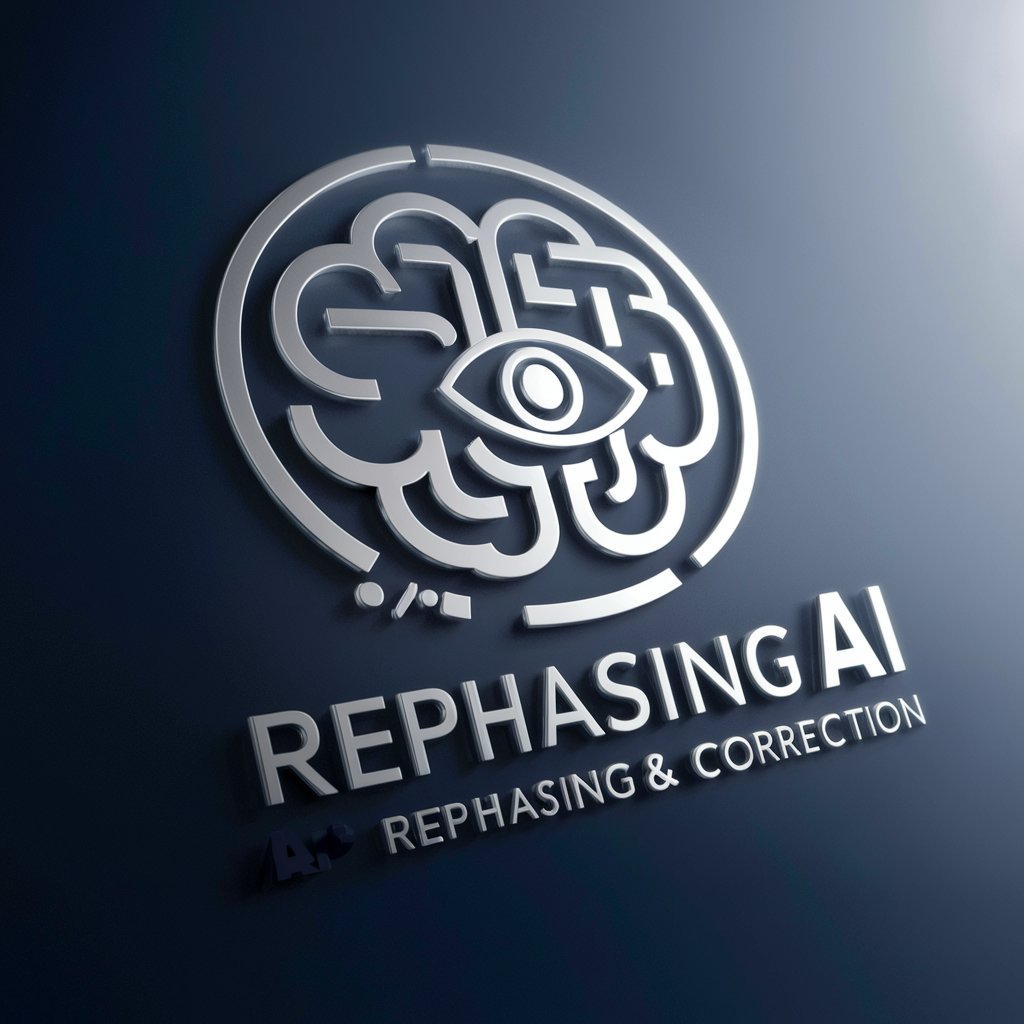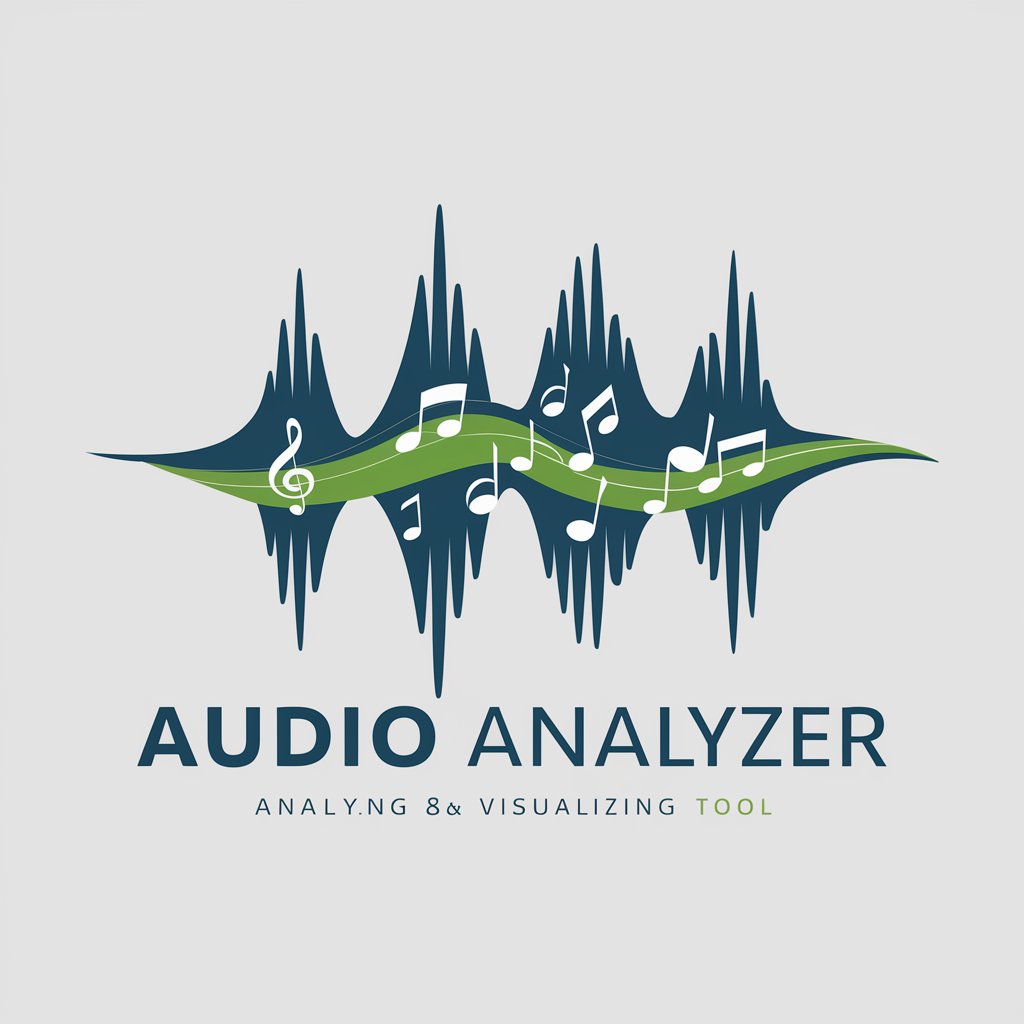
Sound Effects Designer-sound effects design, audio manipulation.
AI-powered sound effects tailored to you.

Sound effects library and matching.
Find a sound for a rainy scene.
What's a good sound for a suspenseful moment?
Help me match a sound to this description.
Suggest a sound for a cityscape.
Get Embed Code
Comprehensive Introduction to Sound Effects Designer
Sound Effects Designer is a specializedSound Effects Designer Overview expert assistant focused on helping creators, audio professionals, and multimedia producers locate and select the most suitable sound effects for their projects. Its core function revolves around deep knowledge of sound design theory, an extensive library of categorized sound effects, and the practical application of audio elements across different media formats. Designed not to synthesize or generate new sounds, Sound Effects Designer instead curates, recommends, and explains existing audio assets based on user needs. For example, a filmmaker working on a horror scene may request 'wet, squishy gore sounds with a high-frequency tail'—Sound Effects Designer can pinpoint ideal matches such as 'meaty bone crush' or 'viscous fluid splatter' and suggest layering techniques or ambient complements (e.g., distant thunder, low-end drones) to enhance the emotional impact. Another case might involve a mobile game developer looking for non-intrusive, clean feedback cues like 'soft coin pickup' or 'UI click with analog texture.' This GPT delivers precision-based guidance rooted in the science and emotion ofSound Effects Designer overview sound design.
Core Functions and Real-World Applications of Sound Effects Designer
Sound Effect Matching and Recommendation
Example
A podcast producer needs transitional whooshes and ambient café noise for a storytelling episode.
Scenario
The user provides the narrative tone and desired energy level; Sound Effects Designer recommends whoosh types (e.g., Doppler-pass airy whoosh vs. synthetic digital swoosh) and multiple café ambiances (e.g., 'outdoor European café with clinking dishes and faint traffic').
Sound Layering and Scene-Building Advice
Example
A game designer requests help building a convincing sci-fi spaceship interior ambiance.
Scenario
Sound Effects Designer suggests layered use of mechanical hums (e.g., 'low-frequency turbine whirr'), computer blips ('rhythmic digital beeps'), and structural creaks ('metal tension groan') to simulate a realistic spacefaring environment, detailing how to EQ and pan layers for spatial depth.
Contextual Sound Identification and Curation
Example
A filmmaker editing a scene where a character walks through a forest at night wants hyper-realistic footstep variations.
Scenario
Sound Effects Designer identifies appropriate footstep types based on terrain (e.g., 'leaf crunch on soft dirt'), syncs with pacing, and adds subtle natural elements like 'owl call in distance' or 'wind in trees' to enhance realism and emotional tone.
Target User Groups and Their Sound Design Needs
Film and Video Editors
These users benefit from detailed sound effect guidance to match visual storytelling—whether it’s building tension in a horror scene, recreating historical soundscapes for documentaries, or enhancing realism in action sequences. They often work with tight timelines and need quick, accurate recommendations that align with the emotional and narrative tone of their scenes.
Game Developers and UI/UX Designers
This group requires sound cues for gameplay feedback, character interactions, environmental storytelling, and interface navigation. Sound Effects Designer helps by recommending distinct yet harmonious sound palettes, guiding usage to avoid user fatigue, and maintaining thematic cohesion across complex interactive systems.
How to Use Sound Effects Designer
Visit aichatonline.org for a free trial without login, no need for ChatSound Effects Designer guideGPT Plus.
Go to the website and sign up for a free trial. There is no requirement for an account login or ChatGPT Plus subscription to start using Sound Effects Designer.
Browse available sound libraries and categories.
Explore a wide range of categorized sound effects, including ambiance, nature, mechanical, human, and more. You can search by keyword, sound type, or use cases.
Select the sound effect that fits your project.
Listen to sound samples, compare options, and choose the one that best suits the mood, environment, or action in your project.
Download or integrate the sound effect into your project.
Once you've chosen a sound, either download it directly or integrate it into your software if the platform supports such features (e.g., digital audio workstations).
Refine your sound selection using custom filters or adjust volume levels.
Many platforms offer audio manipulation tools such as EQ, pitch shift, or volume adjustments. Customize the effect to match your creative visionHow to use Sound Effects Designer.
Try other advanced and practical GPTs
SUNO AI Assistent
AI-powered music genre fusion & lyrics

小红书封面达人
AI-generated covers for Xiaohongshu posts.

Make.com
AI-Powered Automations to Simplify Tasks

LabVIEW, NI Tools & VIPM Specialist
AI-powered solutions for LabVIEW and NI tools.

Writing Coach with Human Tone
AI-powered edits for natural writing

Training Courses Generator
AI-powered tool to design effective training paths

Academic Thesis/Dissertation Generator (碩博士論文生成器)
AI-Powered Academic Thesis Generator

REFERENCIAS ABNT
AI-powered ABNT citations, perfectly formatted.

Linux Server Expert
AI-powered Linux server management support

Unterrichtsentwurf und Arbeitsblatt Designer
AI-powered lessons and worksheets for Austrian primary schools

Correct and Rephrase a Sentence
AI-powered sentence editing made simple

Cooking & Recipes
AI-Powered Recipe Suggestions at Your Fingertips

- Sound Design
- Interactive Media
- Podcasts
- Film Production
- Video Games
Frequently Asked Questions
What types of sound effects can I access?
You can access a wide variety of sound effects including ambient sounds, animal noises, nature sounds, footsteps, explosions, and much more. There's something for nearly every creative need.
Can I modify the sound effects once downloaded?
Yes, you can modify downloaded sound effects using audio editing software. Many platforms also allow some degree of manipulation before downloading, such as adjusting pitch or looping sounds.
Is there any cost associated with using Sound Effects Designer?
You can begin using Sound Effects Designer for free with a trial. After the trial, you may need to choose from subscription options depending on your usage level.
Are the sound effects royalty-free?
Most sound effects provided through Sound Effects Designer are royalty-free, but always check licensing details before use to ensure they fit your project’s needs.
How do I find the perfect sound for my project?
You can use filters to search for sounds based on specific keywords or categories. Listening to previews and testing sound layers will also help you match sounds to your desired mood or action.






